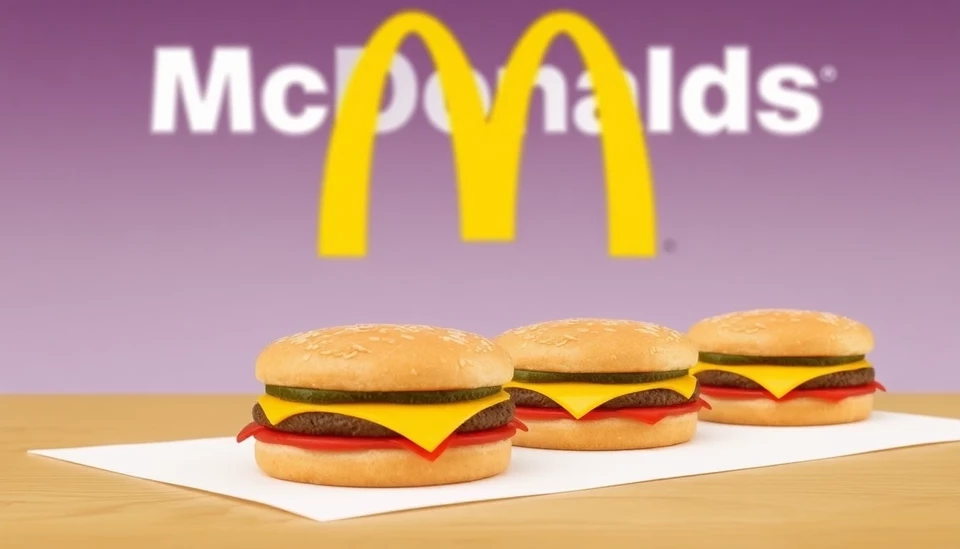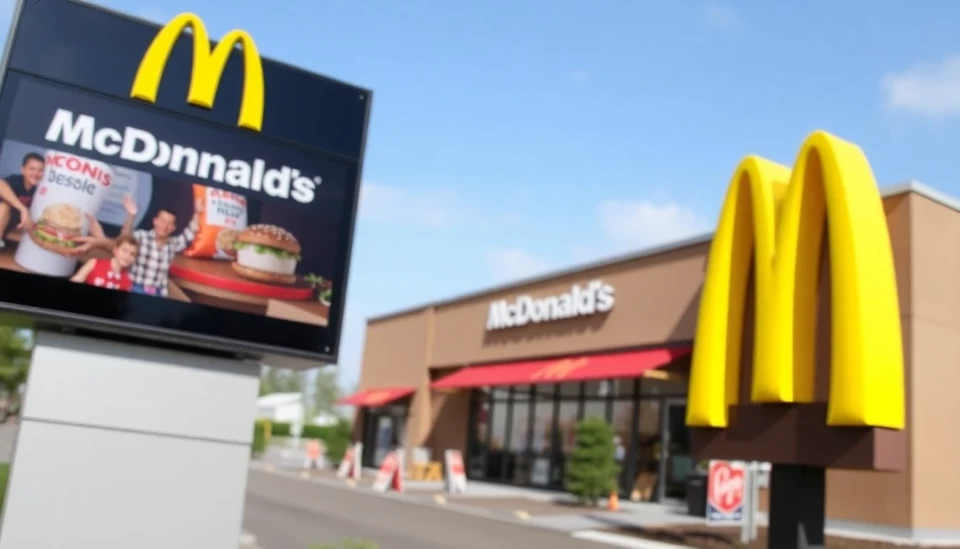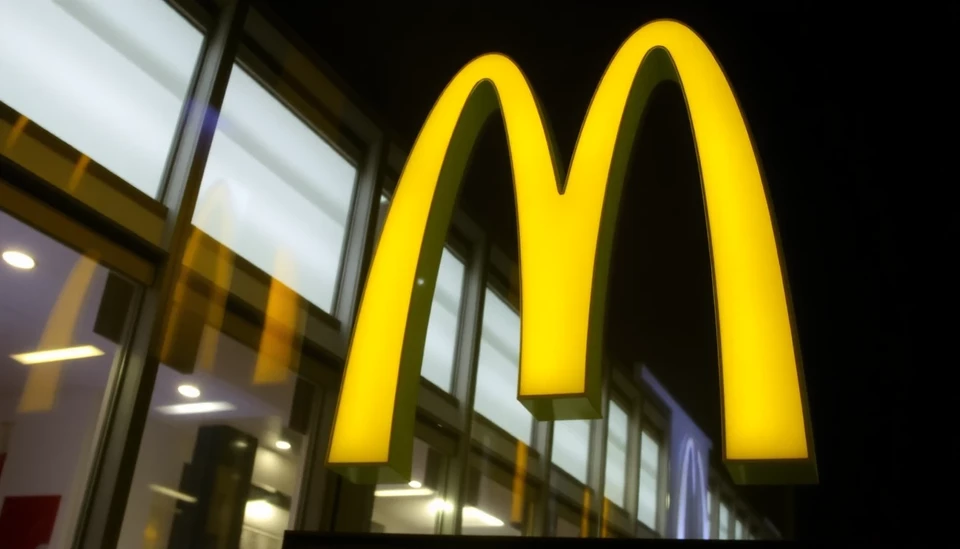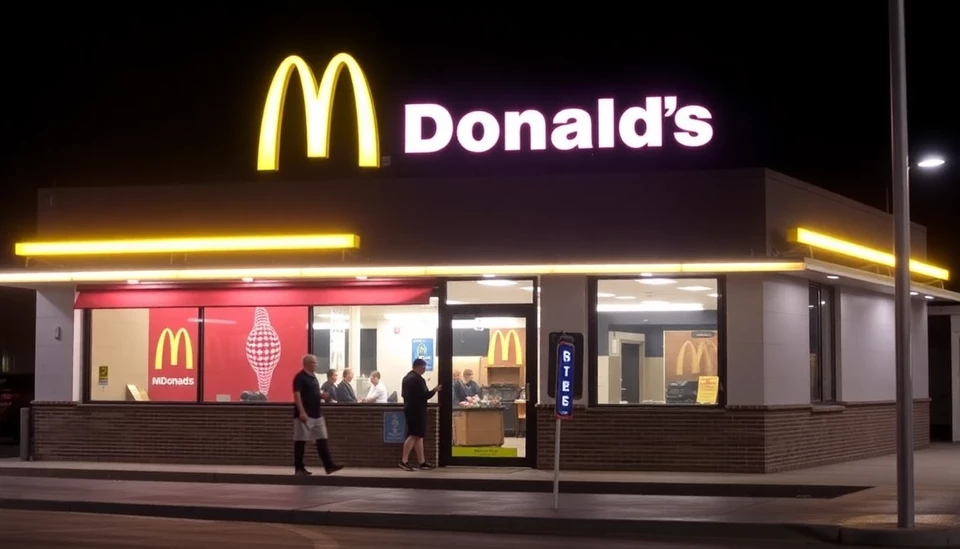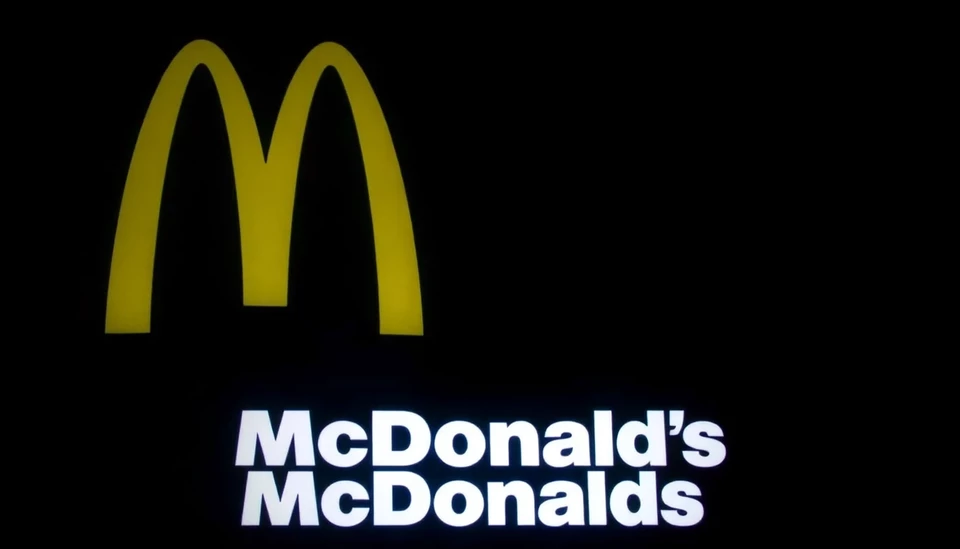
In a candid revelation, McDonald's has raised concerns about the continuous challenges that low-income customers are experiencing, attributing these ongoing issues to broader economic pressures. The fast-food industry giant's latest financial assessments indicate that rising costs and changing consumer behavior could significantly affect its traditional customer base.
During a recent earnings call, executives highlighted that a growing portion of their clientele—particularly those belonging to lower-income brackets—are feeling the pinch of inflated living expenses. This has resulted in a noticeable shift in dining habits, with customers increasingly opting for more budget-friendly choices or cutting back on eating out altogether.
The recent economic landscape has been characterized by a surge in inflation, which has squeezed the cash flow of many households. McDonald’s has observed a decline in sales from its value-oriented menu despite efforts to promote budget items. The price sensitivity among consumers has become a focal point for the brand, which has long relied on affordable pricing as a cornerstone of its business strategy.
Furthermore, competitive pressures in the fast-food space are becoming more intense. Rival chains are also repositioning their menus to attract this price-sensitive demographic, creating a challenging environment for McDonald’s. As consumers reassess their spending habits, the company has been forced to reconsider its pricing strategies and promotional offers to maintain its edge in the market.
Executives emphasized the need for versatility in the company’s offerings as they look to navigate these challenges. Adapting product lines and introducing limited-time promotional offers are part of McDonald's ongoing efforts to lure back the value-seeking diners. However, uncertainty looms regarding how effective these initiatives will be in a landscape defined by changing economic conditions.
Analysts have noted that the fast-food chain’s historical strength lies in its ability to attract budget-conscious consumers. As these economic challenges endure, the future may require a more imaginative and flexible approach to reassure and retain this essential demographic. It remains to be seen how McDonald's will maneuver through these troubled waters, but the focus on low-income diners is increasingly becoming a pivotal area of concern for the corporation.
In conclusion, with the challenges facing low-income diners continuing to mount, McDonald's is at a crossroads. As the economy evolves, so too must the strategies of one of the world's largest food chains. Whether these adjustments will resonate with customers remains an open question as industry analysts closely monitor the brand's next moves.
#McDonalds #FastFoodIndustry #LowIncomeChallenges #EconomicPressures #ConsumerBehavior #DiningHabits #Inflation #ValueMenu #MarketStrategies
Author: Victoria Adams
